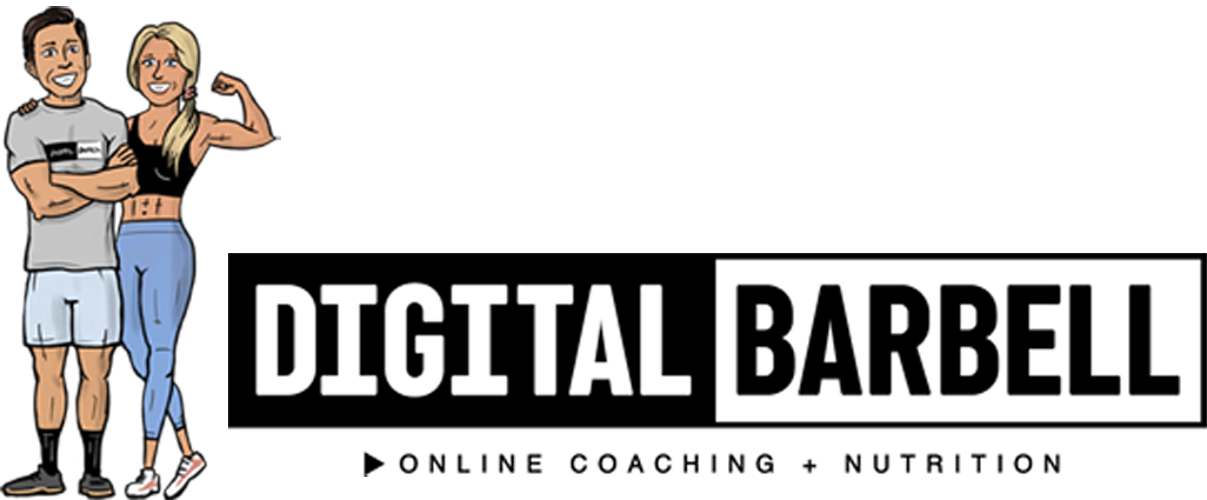Does Creatine Really Work and When Should You Take It?
A lot of supplements on the market are pretty worthless.
Creatine is NOT one of those.
It works.
Plain and simple.
In this article we’ll talk about
What creatine is
The proof of its effectiveness
What kind you should buy
Who it’s for
When you should take it
What Is Creatine?
Here’s a quick recap of what creatine is, and how it can help you if you want to build muscle, strength, and power.
When you’re doing short, intense workouts like a hard set of weight lifting, a CrossFit Metcon, or an all-out sprint, you’re using your body’s energy system called the Phosphocreatine, or “CP” pathway.
As you work, your muscles contract by breaking down energy molecules known as ATP.
That breakdown process is what powers the work you need to do to get bigger, faster, and stronger.
Back to creatine… Creatine itself is a naturally occurring compound made of up the amino acids L-arginine, glycine, and methionine. Your body makes creatine and stores it in your muscle cells as creatine phosphate.
The reason creatine is important for power, speed, and intense exercise is because it helps your body regenerate ATP more quickly.
Creatine phosphate sits at the ready in your muscles, willing to donate its phosphate molecule to ATP as they are broken down in the process of doing muscle contractions.
Think of the creatine in your muscles as the pit crew that keeps you powered up and refilled for short, intense efforts.
Besides creatine being made by your body automatically, you get creatine from the foods that you eat that are high in protein. Yet another benefit of a high-protein diet for athletic folks.
The thing is, even with a balanced diet, your muscles will never be fully saturated with creatine on their own.
This is why supplementing with creatine works so well. Supplementing gives our muscles all of the creatine they can store so that when we need those phosphates to regenerate ATP and finish that set of heavy squats or curls, we can.
The Research
So does it really work? Heck yeah it does. This 2003 study showed that 70% of participants supplementing with creatine gained statistically significant improvements in performance.
As far as supplement effectiveness in research, it doesn’t get any better than that.
Maximal power increased by 5-15%.
The amount of work done in a max rep test increased by 5-15%
Single effort sprints increased by 1-5%, and repetitive sprints increased by 5-15%.
Outstanding results!
As if that wasn’t reason enough to give creatine a shot, studies have not been able to find any negative side effects to normal creatine supplementation.
Hopefully you’re sold by now, so let’s talk about what to buy, when, and how to take it.
What Kind of Creatine Should You Buy?
There are a lot of designer forms of creatine on the market. Let me save you some time and money.
The research shows there’s no benefit to using anything other than creatine monohydrate.
Luckily, this is often the easiest to find and cheapest option. Typically it comes in powdered or capsule forms.
How Much Creatine Should You Take and When Should You Take It?
So how much creatine should you take, and when should you take it?
Since creatine is stored in your muscles, everyone’s capacity is different.
Bigger muscles = more available storage space.
Current research doesn’t show any downside in taking more creatine than you need (you’ll just pee it out), but the best approach is to supplement with 5 grams of creatine per day.
With regular supplementation of 5 grams per day, your muscles will reach 100% capacity after 3-4 weeks.
Sometimes you’ll see people recommend a loading phase where you take 20g of creatine every day for the first week to reach saturation levels quicker.
For 99% of people, this simply isn’t necessary. Also, going from taking zero creatine to 4x the effective dose has the potential to cause some gastrointestinal distress that you don’t need in your life.
Should You Take Creatine On Rest Days?
Should you take creatine on rest days? Absolutely yes. Remember, the goal is to maintain saturation in your muscles. It doesn’t work like a pre-workout that is only taken on training days.
Speaking of timing…
When should you take creatine?
This 2003 paper suggests that there may be some benefit to taking creatine after your workout.
However, the potential benefit of trying to time your supplements is usually outweighed by the convenience of taking them whenever helps you be the most consistent.
We advise our clients to take their creatine as part of their normal daily routine, regardless of what time they train.
Speaking of our clients…
Who should take creatine?
Anyone who’s trying to improve their physiques, speed, strength, and muscle mass. If you're reading this article, that’s probably you.
The thing I want to leave you with when it comes to creatine is that even though it works, it’s not magic.
The 3 factors that will get you better results than anyone else in your gym or group class are:
1: Your consistency
2: Your nutrition
3: Your program, and the intensity you bring to it
Supplements are just the icing on the cake.
If you want to make more progress in the next few months than you’ve made in the last few years, we can help. Apply for coaching today!
If you liked this article, we publish a weekly podcast where we drop tons of free training and nutrition tips. Check it out HERE.

